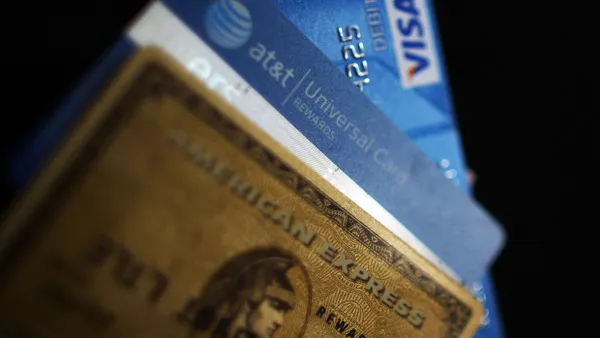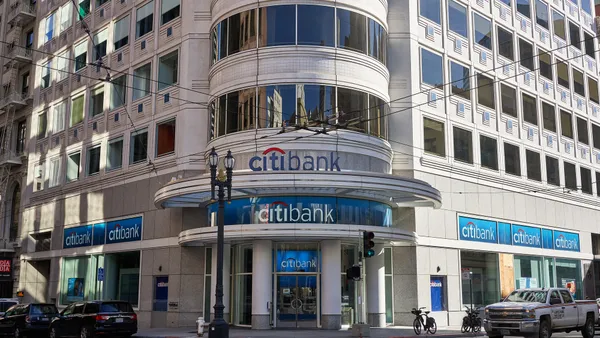Utah Gov. Spencer Cox has signed into law an earned wage access bill, adding his state to a growing group of others that are seeking to create some oversight for the expanding industry.
The Republican governor enacted the bill Tuesday just months after it was introduced in the legislature in January and passed by the two chambers.
The new law calls on providers of earned wage access services that allow workers to tap their earned income before regularly scheduled paydays to register with the state. It also calls on the provider to fully disclose fees and terms, and offer at least one option for the services that is provided for free.
Under the new Utah law, the EWA provider can’t compel any worker repayments by threatening to sue or by using third-party collection agencies. It also can’t accept any payments from workers on a credit card. In addition, the law sets out $2,500 fines for violations and allows for revocation of registration in certain instances of misconduct.
Arkansas Gov. Sarah Huckabee Sanders signed a similar law this month, putting restrictions on companies that provide workers with early access to their earned income.
Nonetheless, both state laws stopped short of calling on EWA companies to adhere to lending laws.
The Consumer Financial Protection Bureau, under the Biden administration and leadership of Director Rohit Chopra, sought last year to subject EWA providers to U.S. and state lending laws, saying that such provisions were necessary to protect the rising number of consumers using the EWA services. Workers using the services tend to be those paid by the hour with incomes under $50,000.
Nonetheless, the CFPB under the second Trump administration is likely to take a more lenient tack in overseeing EWA providers as it moves to reduce the size of the bureau and decrease regulation.
Utah and Arkansas are among a handful of states across the country, including Missouri and Nevada, that have passed such laws to protect consumers. An increasing number of companies are enabling workers to digitally tap their income before regularly scheduled paydays, sometimes with fees required or gratuities requested. Some of the laws also require the EWA providers to register with a given state, but don’t force the providers to adhere to lending laws.
EWA providers, and their trade group supporters, have reacted positively to the new state laws, saying they provide needed oversight without going so far as to impose lending laws.
“It is heartening to see every Democrat and Republican state legislator in Utah recognize that EWA is its own financial product that deserves its own regulatory framework, to protect both consumers and businesses,” DailyPay Vice President Ryan Naples said in a press release. “Utah is the first unanimous vote for an EWA law but joins seven other states in the country to put smart EWA regulations into law that do not wrongly categorize the service as a loan, and we applaud the legislature and Governor for advancing this legislation.”
DailyPay is one of dozens of EWA providers operating across the country.
Rival EWA companies include Payactiv, FlexWage Solutions and EarnIn, among others. Their business models vary, with some charging workers fees for services and others making money mainly from interchange fees they collect through payment cards provided to the workers. Some also offer services for free through employers that pay for them.
Consumer advocates, including the National Consumer Law Center, have railed against the state EWA laws, contending they won’t protect consumers from excessive fees. “Utah has among the weakest lending laws in the country, one of only a few states with no interest rate cap, so it would not be surprising to see it legalize a new form of payday loan,” NCLC Associate Director Lauren Saunders said earlier this month by email after Utah’s legislature passed the bill.












